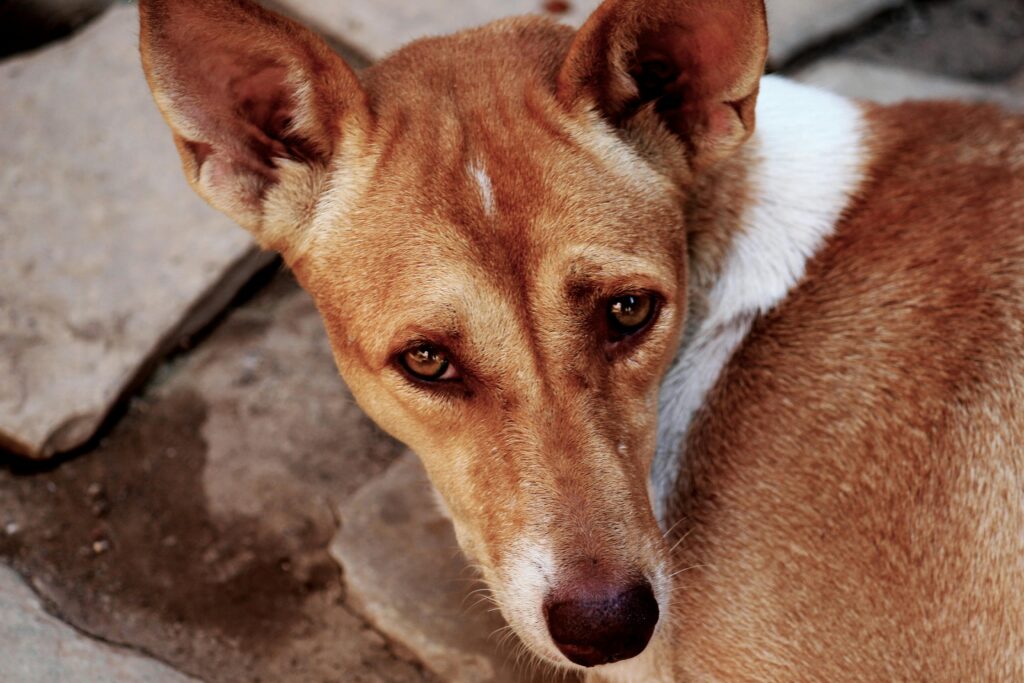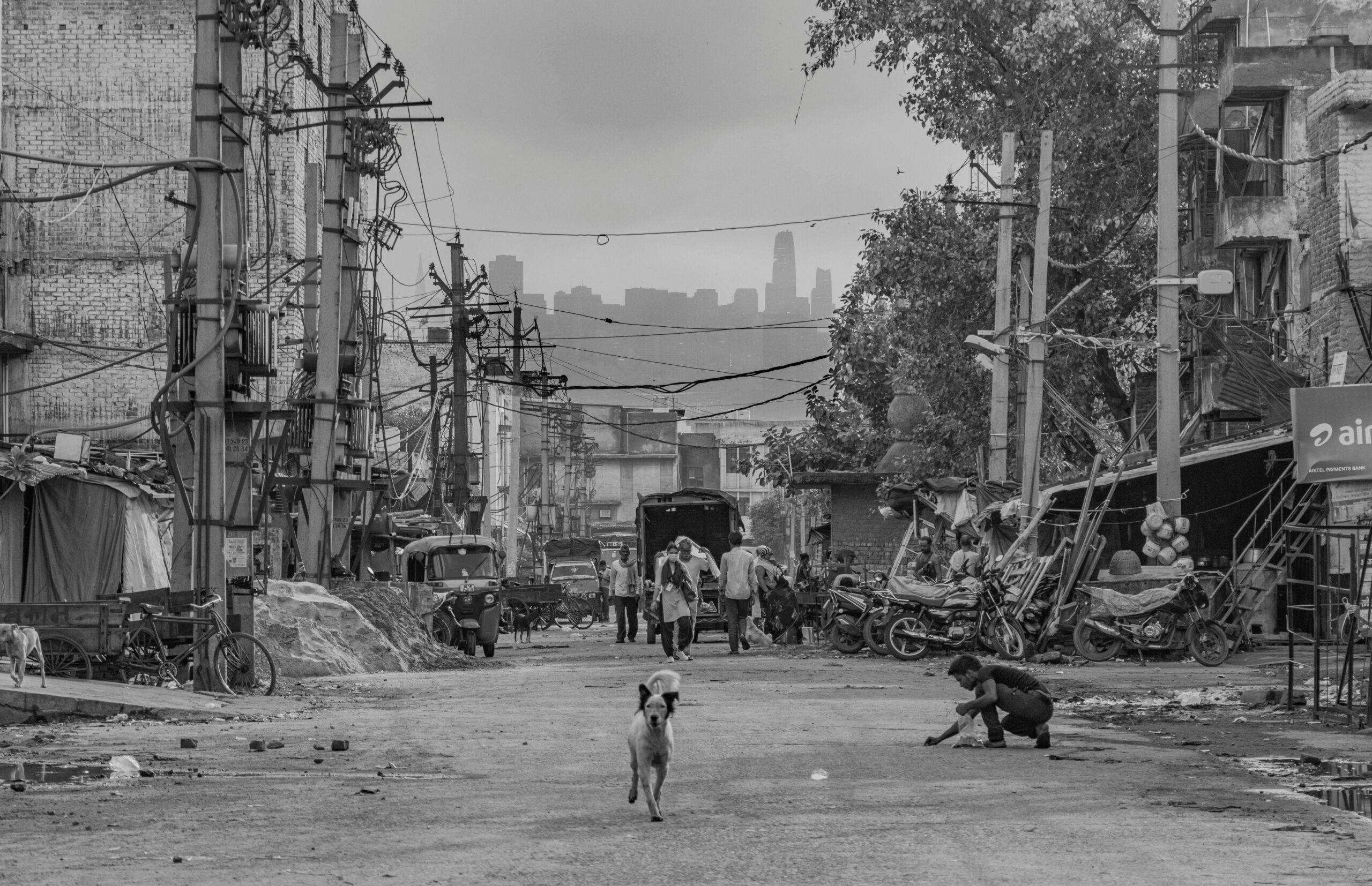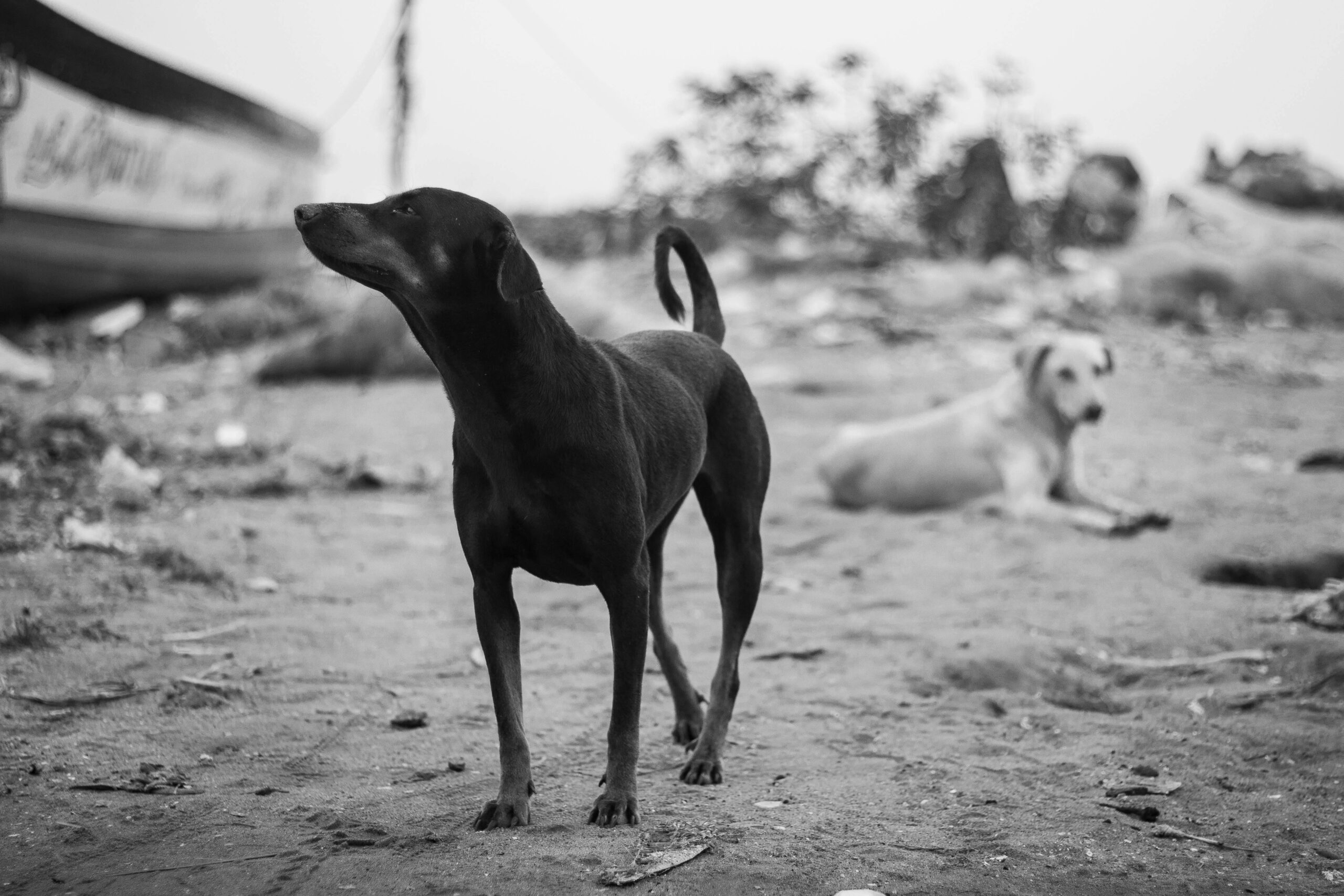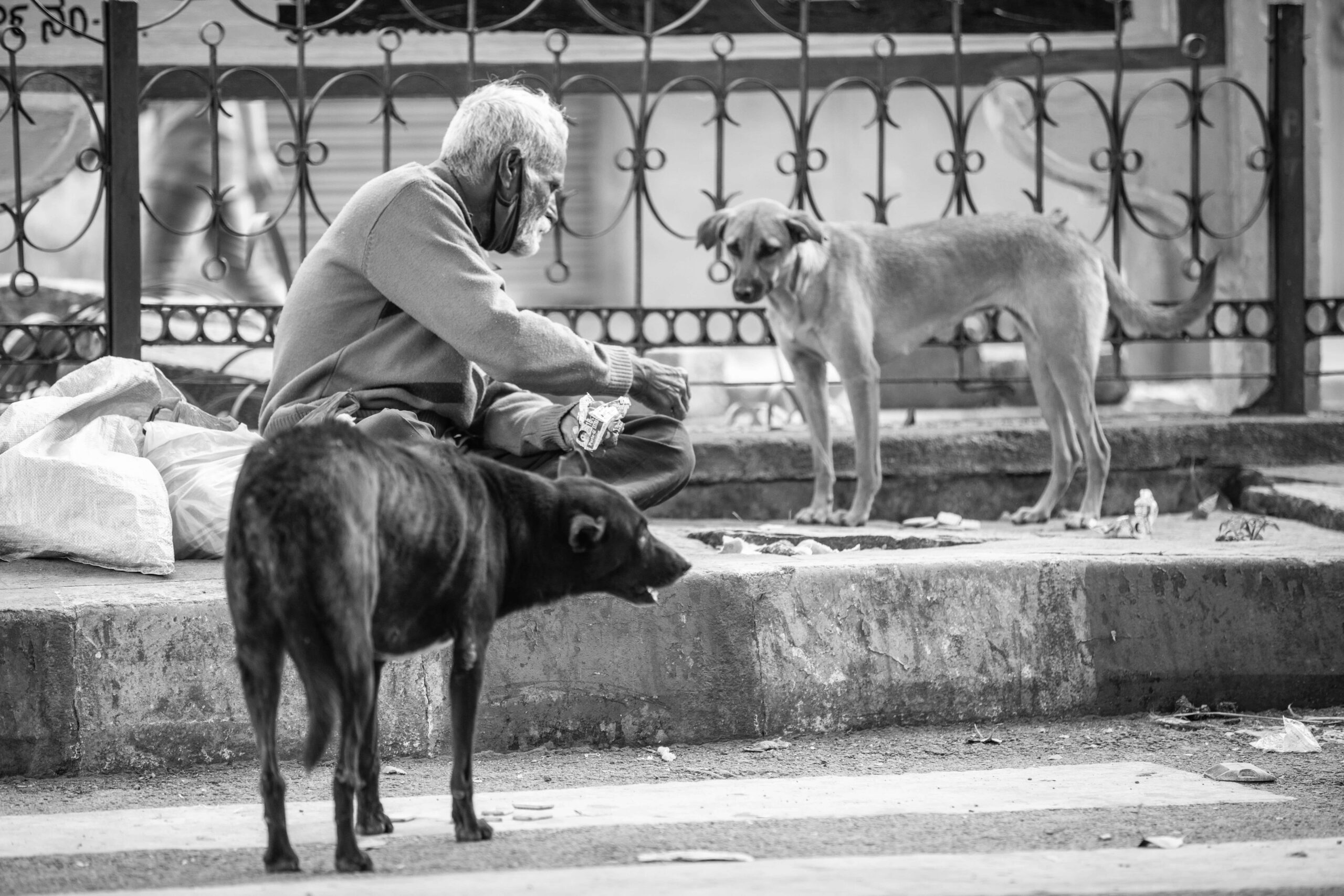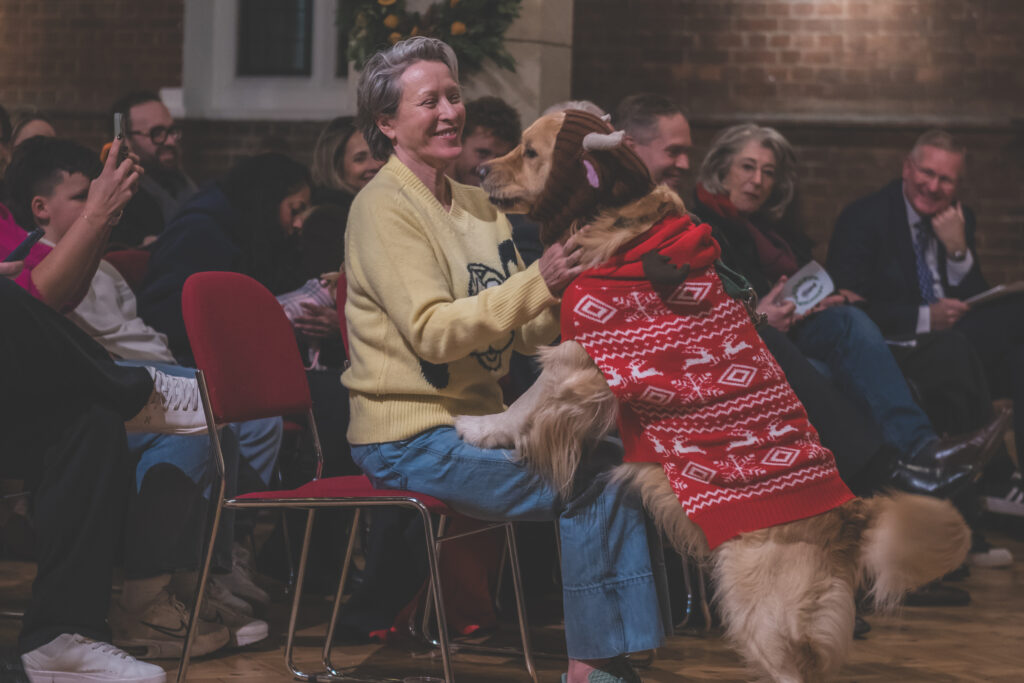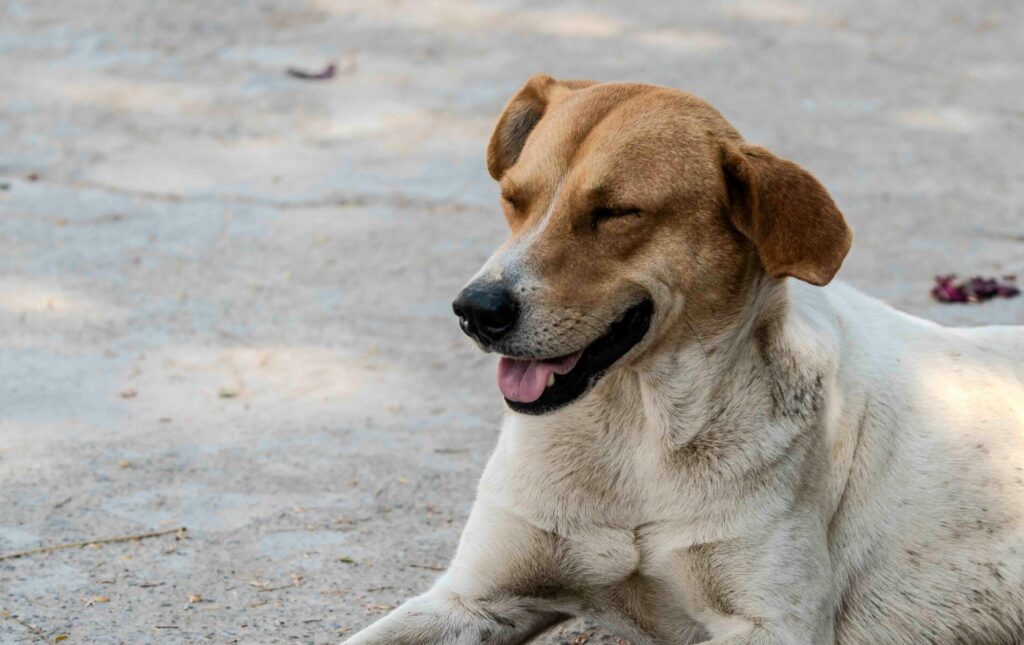The Reality for Delhi’s Community Dogs
Delhi is home to an estimated one million free-roaming dogs. Many navigate the streets with ease, are cared for by local residents, and are deeply woven into the fabric of their communities.
Rabies and dog bites remain serious public health concerns in India according to the World Health Organisation. However, Catch, Neuter, Vaccinate, Return (CNVR) programmes in the region have already proven effective. Since India’s Animal Birth Control (ABC) initiative began in 2023, rabies deaths have declined and community dogs have been able to remain in the places they know best.
Research from the University of Edinburgh supports this progress, reporting that 82 percent of human-street dog interactions in India are peaceful, involving approachable or neutral behaviour.
Despite this evidence, the Supreme Court of India ordered the removal of all street dogs from Delhi and surrounding cities in early August 2025, with the goal of reducing dog bites and rabies cases. In reality, such mass removal would cause far greater harm to both animal welfare and long-term public safety.
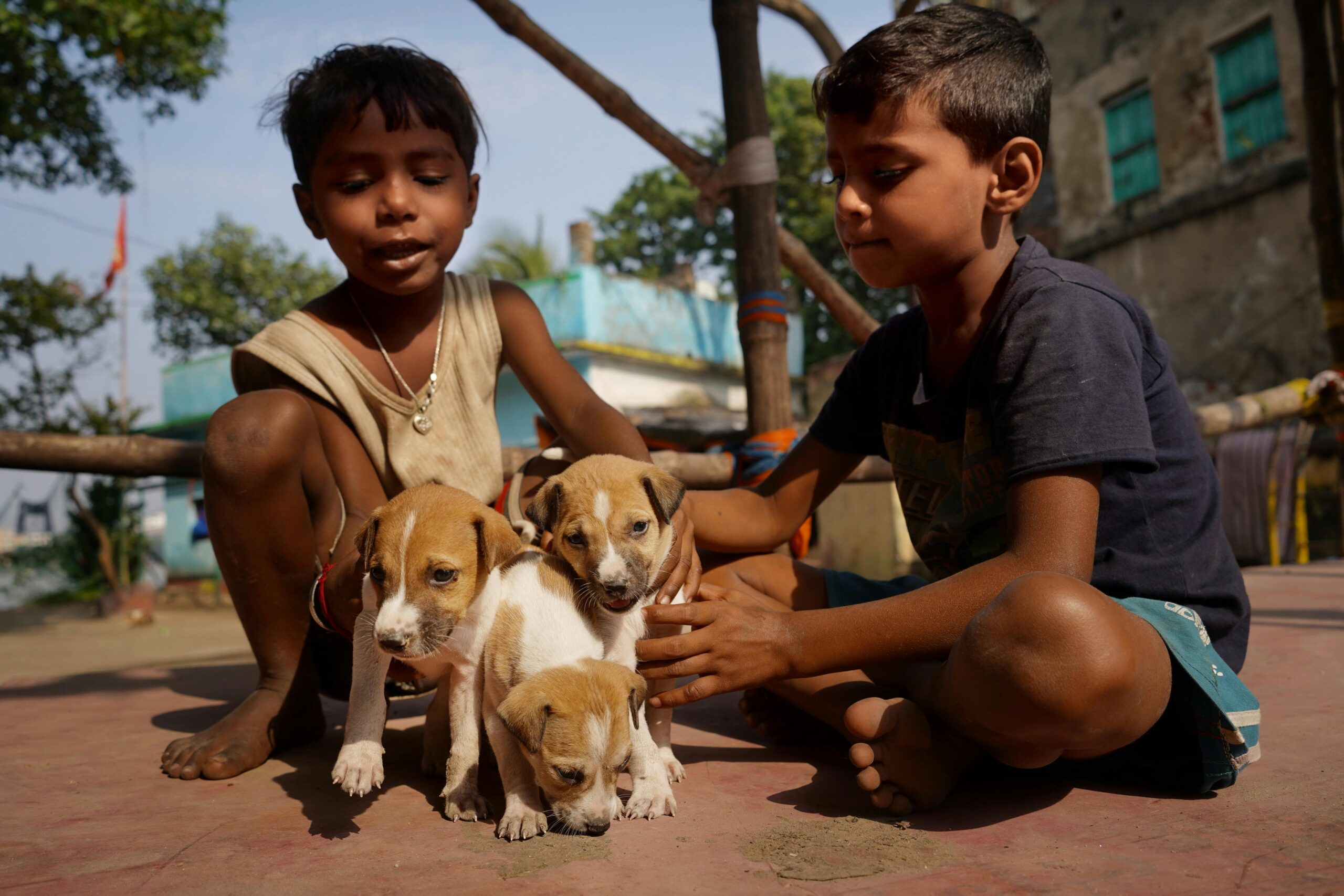
A Death Sentence in Disguise
India’s cities currently hold less than one percent of the shelter space needed for their street dog populations. If Delhi were to remove dogs from the streets, overcrowding in these facilities would be inevitable, putting dogs’ wellbeing in immediate danger.
When shelters exceed capacity, dogs face:
- Malnutrition from limited food supplies
- Disease outbreaks caused by poor sanitation and cramped space
- Chronic stress from constant confinement and loud environments
- Declining welfare due to overworked staff and limited veterinary care
- Injuries from fights over food, mates, and space made worse by overcrowding
- Death for those unable to survive in such harsh conditions
Many dogs already living on the streets of Delhi are sterilised, vaccinated, and accepted members of their communities. Forbidding their return would disregard their welfare and undermine the proven effectiveness of CNVR programmes, which keep populations stable, protect public health, and allow dogs to remain in the environments they know.
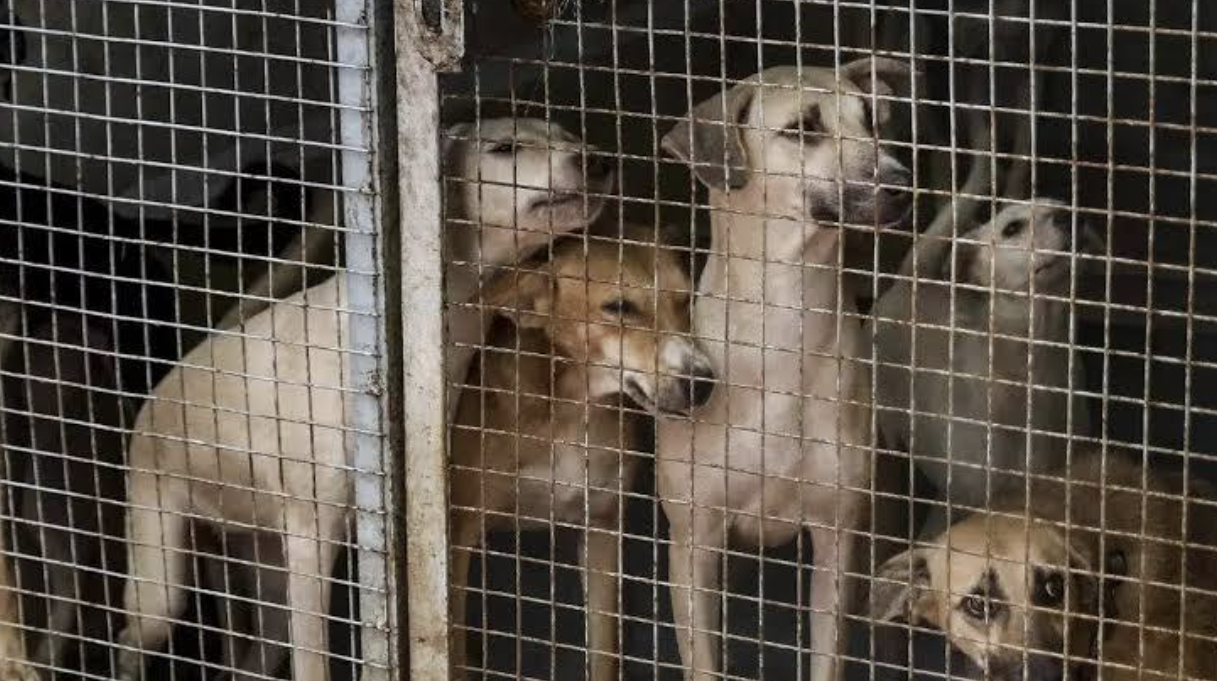
The Humane Alternative: Catch, Neuter, Vaccinate, Return (CNVR)
In 2023, the Supreme Court endorsed ABC measures, encouraging CNVR programmes as a humane, science-based approach to controlling dog populations and safeguarding public health.
CNVR works through four steps:
Catch – Trained teams humanely capture dogs
Neuter – Dogs are sterilised to prevent future litters
Vaccinate – Dogs receive rabies and other essential vaccinations
Return – Once recovered, dogs return to the location where they were found
Sterilised and vaccinated dogs are often marked to avoid unnecessary recapture. Returning them to their home areas prevents unsterilised and unvaccinated dogs from moving in and spreading disease, keeping populations stable over time.
The Power of Compassion and Community
In response to the Supreme Court’s initial order, animal welfare groups in India and around the world raised urgent concerns. Protests took place on the streets of Delhi, while petitions gained global traction. Together, activists, communities, and supporters spoke out for compassion and for the rights of dogs to live safely where they belong.
As a result, the Supreme Court has now revised its ruling. Instead of permanent removal, all dogs in Delhi and the NCR region must be sterilised and vaccinated before being returned to their home areas, unless they are found to be aggressive or rabid. Public feeding will be organised through designated zones, and the Court has committed to developing a nationwide policy on stray dog management.
This decision represents a vital step forward. It recognises the importance of CNVR, protects dogs across the country from inhumane conditions in shelters, and preserves the bond between community dogs and local residents.
Our project partner Ravi Dubey in Faridabad shares: “To strip the streets of Delhi of its stray dogs is to erase a part of the city’s soul. This decision shows that compassion and science can work hand in hand to build safer communities.”
The story of Delhi’s dogs is a powerful reminder that change is possible when compassion unites people across borders. Thanks to the collective voice of activists, communities, and global supporters, the fate of Delhi’s community dogs has been changed for the better.
Help us continue this vital work. Please consider making a donation to support humane, sustainable solutions that protect both dogs and people.
